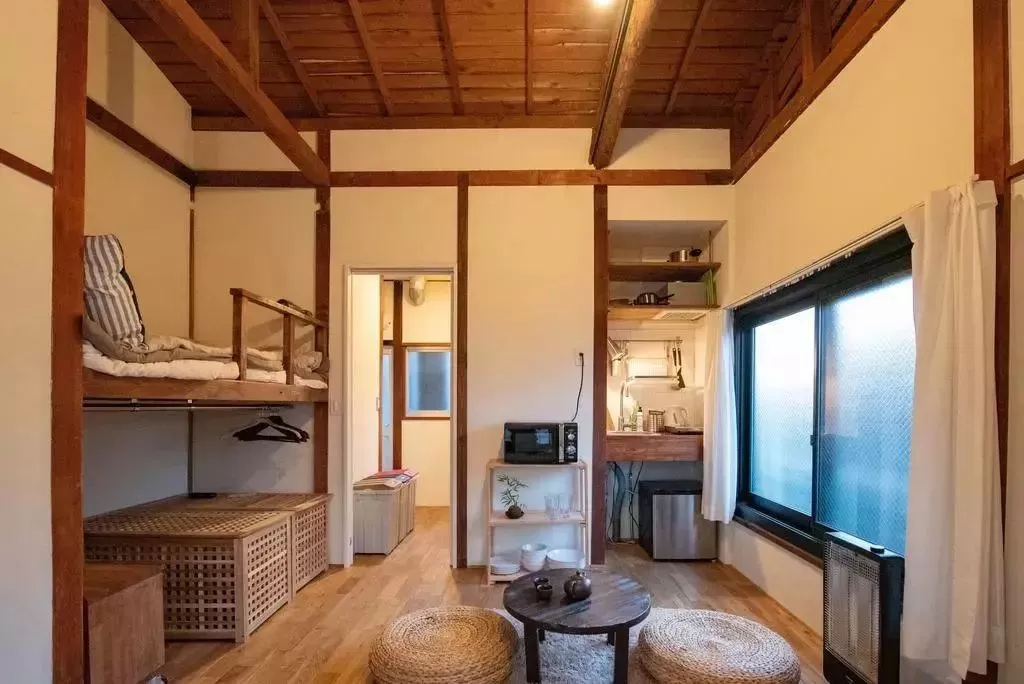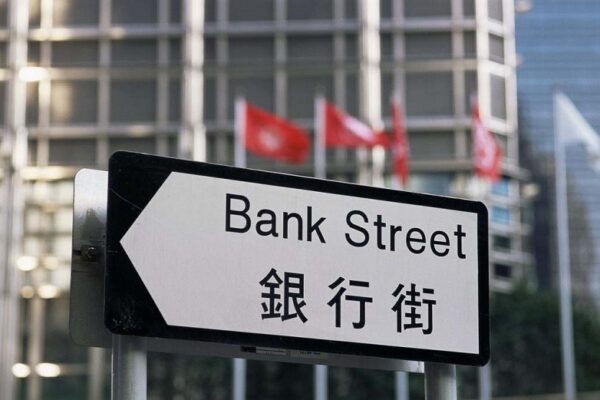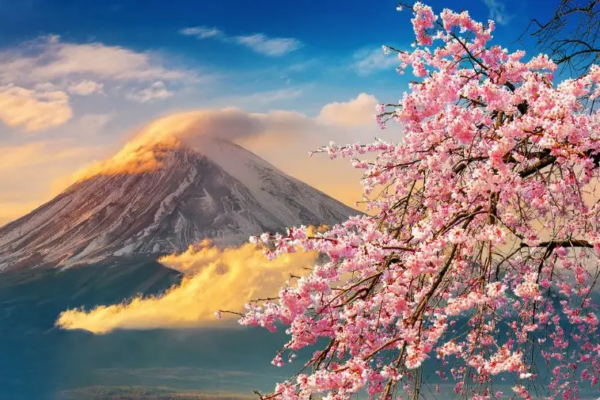
Tips|Hong Kong-Mainland Capital Transactions in Detail
2024-12-05
Which is the most livable city in Japan? The latest ranking tells you!
2024-12-14Why are people keen to invest in Japanese real estate?
Rental returns are among the world's leading, earning foreign currency for diversification, and being cheaper than other developed countries are the core reasons.
But apart from these economic factors, the advantages behind Japanese houses are also worth pondering.

Japan has spawned fine maintenance under the freehold system.
From design to construction, from material selection to maintenance, Japan's building codes cover every aspect to ensure that every aspect meets the highest standards. In particular, Japan is at the forefront of earthquake resistant design.
These regulations not only provide safety for residents, but also lay a solid foundation for the long-term durability of the home.
01
Superb construction workmanship: a guarantee of quality
In addition to strict regulations, the level of craftsmanship in the Japanese construction industry is equally impressive.
Japanese construction workers are usually highly trained and possess superior construction skills and a sense of responsibility. During the construction process, they strictly adhere to building codes to ensure that every job is up to standard.
This attitude of excellence makes Japanese houses particularly outstanding in their detailing, whether it is structural connections, waterproofing treatments or decorative details, all of which reflect the craftsmen's exquisite skills and their persistent pursuit of quality.

02
Careful design and selection of materials: a combination of beauty and durability
The design and selection of materials for Japanese houses likewise reflect a high regard for durability.
The designers focused on combining the functionality and aesthetics of the house, while giving due consideration to the need for environmental protection and energy efficiency.
In terms of material selection, Japanese houses usually use high-quality building materials, such as high-quality wood, steel and concrete. These materials not only have good physical properties, such as strength, toughness and corrosion resistance, but also have high durability and are able to maintain stable performance over a long period of time.

03
Effective maintenance measures: prolonging service life
The durability of Japanese houses is also due to effective maintenance measures.
The Japanese government and society at large attach great importance to the maintenance and upkeep of housing, and potential problems are detected and dealt with in a timely manner through regular inspections and repairs. Such preventive maintenance measures not only extend the service life of houses, but also improve their safety and comfort.
The service life of a Japanese house is generally around 30 years, with minor repairs such as waterproofing and elevator maintenance done every 5-10 years, and major repairs to the house every 20-30 years to maintain the building's functions.
At the same time, Japanese society encourages residents to actively participate in the maintenance of their houses, and promotes their maintenance awareness and skills through training and guidance.

04
Social consensus and respect: the embodiment of architectural quality
Finally, the ability to live in a Japanese house for 200 years is also related to the importance and respect Japanese society places on the quality of construction.
In Japan, building quality is regarded as a social responsibility and honor, so both the government, enterprises and individuals pay great attention to the improvement and guarantee of building quality. This social consensus and respect provides a strong support and guarantee for the quality and durability of Japanese houses.

There is a lot to learn from Japanese housing in every aspect, from the quality of maintenance over the past hundred years, to the system of buying and selling houses, to the design of storage in the house.
And Japanese real estate is freehold. Buying a Japanese property is equivalent to buying an asset.
If you choose to invest in long term rentals, you can have an annual return on investment of 3-5% in Tokyo and 4-6% in Osaka, preserving the value of your property and protecting your cash flow at the same time. Why not?
If you are also interested in investing in Japanese real estate, please feel free to contact us!


